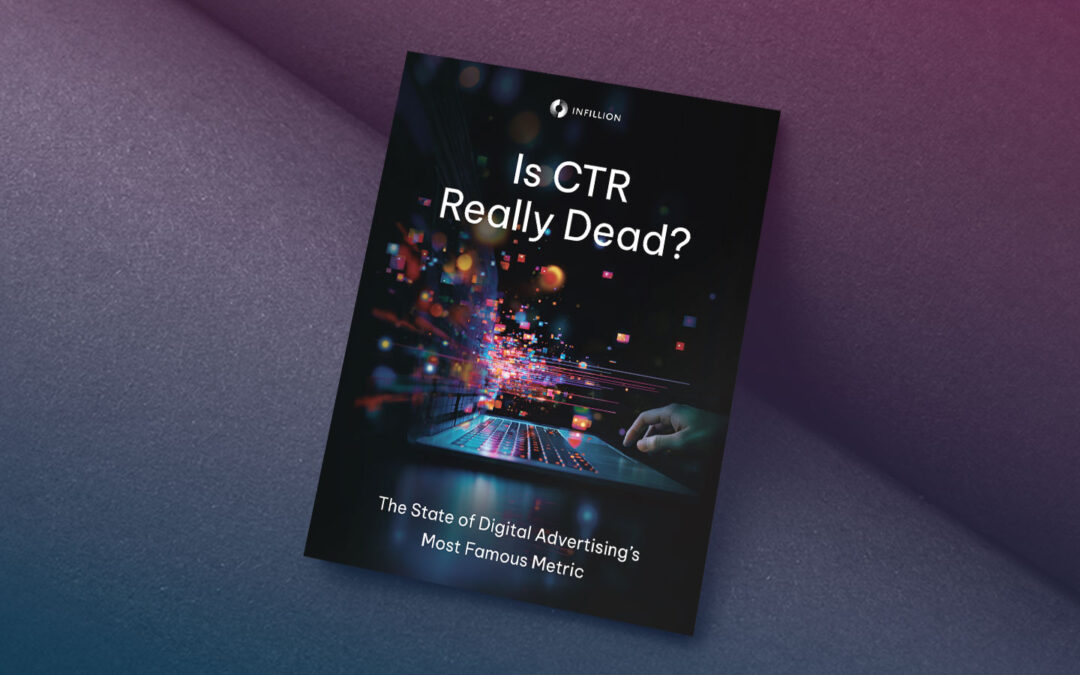NEW YORK, May 8, 2024 (Newswire.com) – Infillion, a full-service technology platform that helps advertisers elevate their media plans with cookieless data, advanced formats, and extensive audience and supply integrations, this week released research that explores consumers’ growing hesitation to click on ads, revealing only six percent of consumers often click on ads for products that look interesting.
The research report, called “Is CTR Really Dead? The State of Digital Advertising’s Most Famous Metric,” brings an analytical lens to rising concerns that we are entering a “zero-click” era. Using Infillion’s AI-powered Phonic survey technology, it found that consumers are getting more discerning about the value of the ads they see, how reputable they consider the brand, and how interruptive they perceive the ad to be. With social media and generative AI at consumers’ fingertips, there’s more they can do to learn about a brand beyond clicking on an ad. But they’re not permanently averse to it — they just need the right incentive at the right time.
The research report was released in conjunction with a success story from fitness wearables brand WHOOP, which worked with Infillion to raise click-through rates (CTR) on a recent TrueX campaign to 9.1%, over nine times the industry average, through a CTR optimization strategy that centered on making the ad’s call-to-action clearer and more obvious — and rewarding them with a special offer for clicking.
Among the findings in the study:
- 79% of consumers agree with the statement, “I see more ads than I used to,” but less than a third say they’re clicking on more ads than they were five years ago.
- Consumers are three times more likely to go directly to the brand’s website in a different browser window or use a search engine to look up the brand, than they are to click on the ad.
- 73% of consumers said that when they choose not to click on an ad it’s because they worry they won’t land on a safe page, and 78% said they don’t want the advertiser to track them.
- 63% of consumers said that when they make the choice to click on an ad, what makes them most likely to do so is that they already know about a brand and have been considering it.
“What consumers are saying loud and clear is that they’re tired of seeing their attention exploited, whether it’s through unwanted barrages of interruptive ads or messaging that they don’t entirely trust,” said Laurel Rossi, chief revenue officer and chief marketing officer, Infillion. “Our TrueX interactive streaming ads have been at the forefront of true attention-based advertising for over a decade now, but we’re always looking for fresh insights we can bring to our brand and agency partners. This research underscores the importance of giving consumers a meaningful incentive to click on an ad when there are so many other ways they could potentially learn about a product or service, and we’re regularly implementing this with our TrueX clients now.”
“TrueX was born to respect consumers’ time, attention and privacy — the trifecta required to overcome brand relevance issues and click fatigue. Brands on the platform are being rewarded with disproportionately high attention rates in a declining engagement environment,” said Rossi.
###

